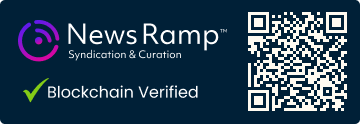Curated News
By: NewsRamp Editorial Staff
February 06, 2025
Study Finds Electrical Brain Stimulation Ineffective for Stroke Recovery
TLDR
- Mild electrical brain stimulation did not enhance motor recovery in stroke survivors, providing no advantage over placebo and movement therapy.
- Transcranial direct current stimulation up to 4mA was delivered through the skull to study its effects on arm function.
- Research aims to improve stroke survivors' motor function and quality of life through innovative therapy approaches.
- The study results challenge conventional thinking on the effectiveness of electrical brain stimulation for post-stroke motor recovery.
Impact - Why it Matters
This news highlights the challenges in enhancing motor recovery for stroke survivors and underscores the need for further research in identifying effective therapies. The findings suggest that current strategies, such as electrical brain stimulation, may not always lead to the desired outcomes in improving motor function post-stroke. This study sheds light on the complexities of stroke recovery and the importance of exploring alternative approaches to enhance rehabilitation.
Summary
A study presented at the American Stroke Association's International Stroke Conference 2025 revealed that mild electrical brain stimulation did not enhance motor recovery in stroke survivors undergoing movement therapy. The research, led by Wayne Feng, M.D., M.S., from Duke University, aimed to improve arm function in stroke survivors through transcranial brain stimulation. Despite hopes for a positive outcome, the study did not show significant improvement in motor function.
Source Statement
This curated news summary relied on this press release disributed by NewMediaWire. Read the source press release here, Study Finds Electrical Brain Stimulation Ineffective for Stroke Recovery
